
Pin on Cirugia Bariatrica
The purpose of this narrative review is to provide an evidence-based assessment of the current literature examining increases in dietary protein intake above the recommended dietary allowance (RDA: 0.8 g/kg/d) in conjunction with chronic exercise on body composition (i.e., muscle, fat and bone).
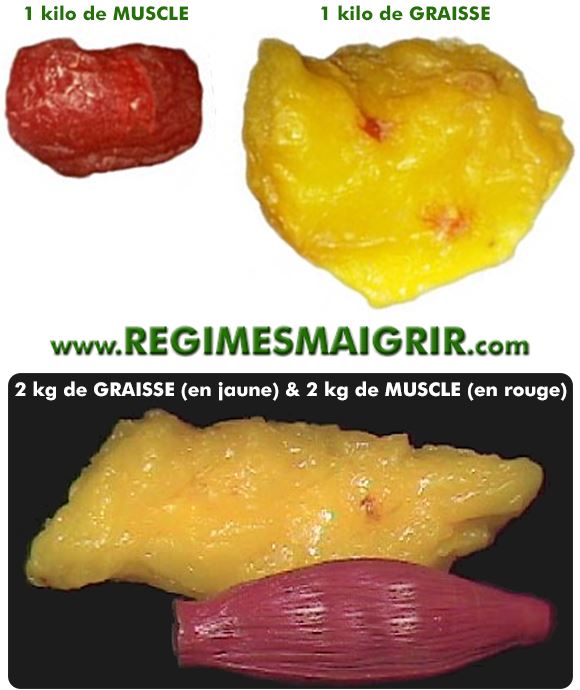
Un kilo de muscle estil plus lourd qu'un kilo de graisse
Size Contrast. 1kg of fat and 1kg of muscle is equal. The difference is in total volume. 1kg of muscle is three times smaller than 1kg of fats. It's like; a mini ball vs. a wobbly bowl of jelly. Many people get confused when they train hard each week, eat well; however, their weight on the scale doesn't change, while they are getting.

De ce infometarea este periculoasa si nu te ajuta sa scapi definitiv de kilogramele in plus
La graisse ne contient que très peu d'eau. Le volume : 1 kilo de graisse prend plus de place qu'un kilo de muscle. Le muscle est donc plus petit que la graisse. La densité : le muscle est plus dense que la graisse. En effet, cette dernière s'étalant sur plus d'espace pour mieux se mouver, elle paraît plus large.

Secher la graisse Régime pauvre en calories
Research has shown that athletes undertaking high volume intense training (e.g. 3-6 hours in 1-2 workouts for 5-6 days per week) may need toconsume 8-10g/kg/day of carbohydrate. 2, 4 Some studies also suggest to the possibility of an even higher intake. 9. The majority of dietary carbohydrate should come from complex carbohydrates with a low to.

La graisse brune True Fitness Knowledge
Definition A body fat scale can help a person determine their muscle mass percentage. Muscle mass refers to the amount of soft muscle tissue in the body. Other major components of the body.
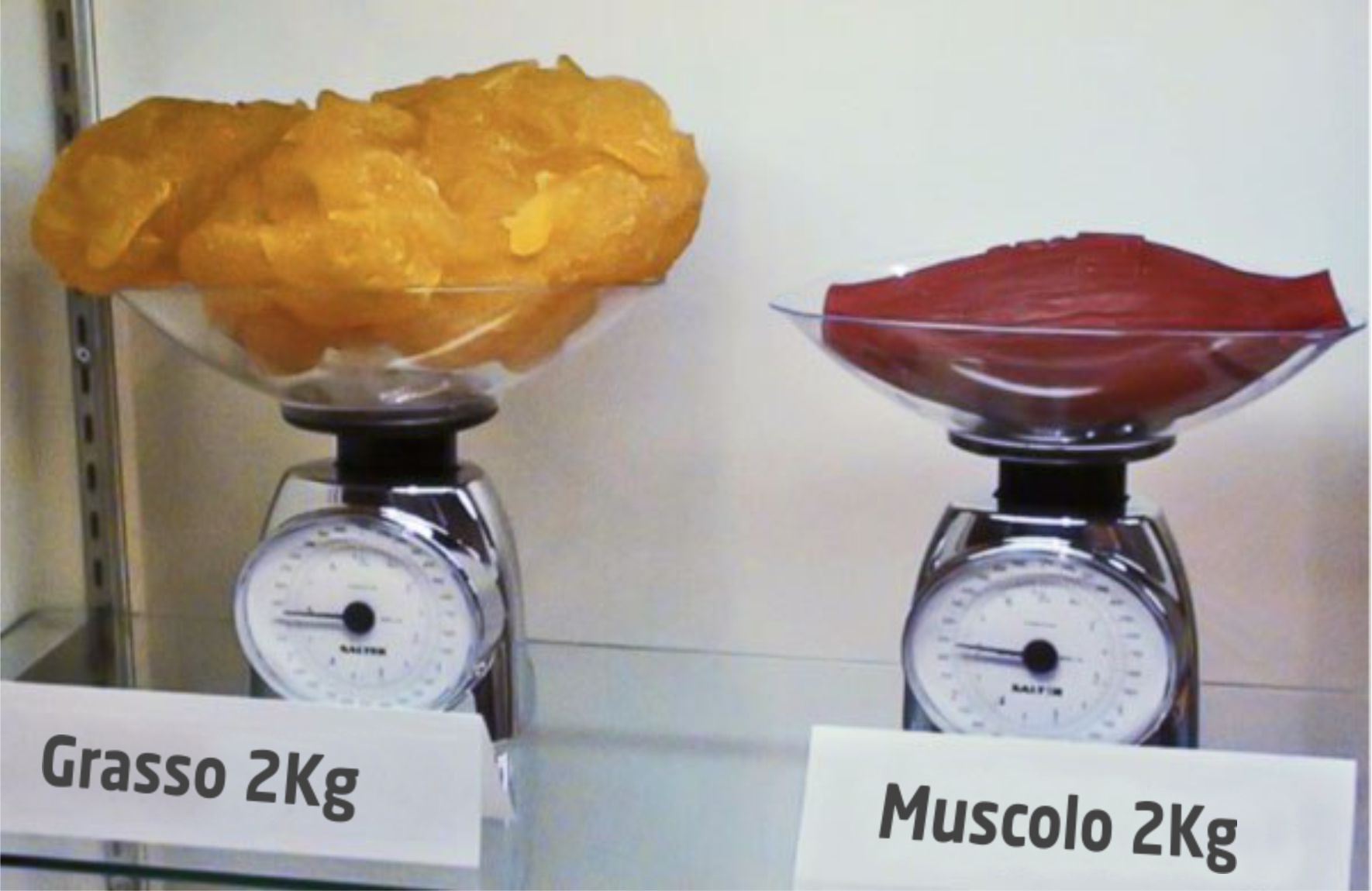
Un chilo di grasso corporeo? Ecco a quanti porzioni di cibo corrisponde! Mensenjoy
Dire que le muscle est plus lourd que la graisse est un abus de langage, car 1 kg de muscle est égal à 1 kg de graisses, de la même façon qu'1 kg de plumes est égal à 1 kg de plomb : quoi qu'il arrive, 1 kg pèsera toujours 1 kg. C'est donc le poids par rapport à un volume donné, à savoir la densité des tissus, qu'il faut.

1kg Graisse Vs 1 Kg Muscle AUTOMASITES
Muscle mass is a part of your lean body mass. It's difficult to calculate lean body mass, let alone muscle mass. The most accurate methods are expensive, and there isn't a lot of reliable data.
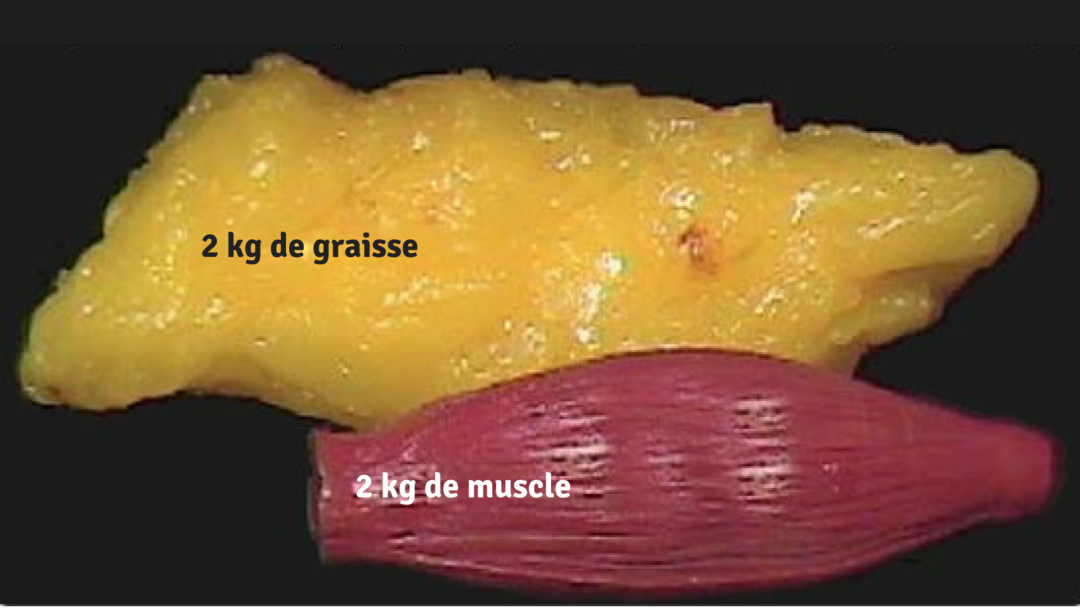
Pourquoi le poids n'a aucune importance ?! Nade Fitness
Final Thoughts. To build muscle, aim for around 0.7 grams of protein per pound, or 1.6 grams per kilogram, of bodyweight, each day. That will do the job for most people. There's no reason you can't eat more. If anything, I'd rather err on the side of eating a little too much, rather than not enough.

2 kg de graisse contre 2 kg de muscle
A significant increase was observed in the EMG activity of the erector spinae (4.6% vs 2.4% and 2.1% in the nulliparous group and postpartum respectively) and the biceps femoris (3.4% vs 1.2% and 1.4%) in pregnant women compared to the other two groups (p <0.01). We conclude that pregnant women in the third trimester show no alterations in.
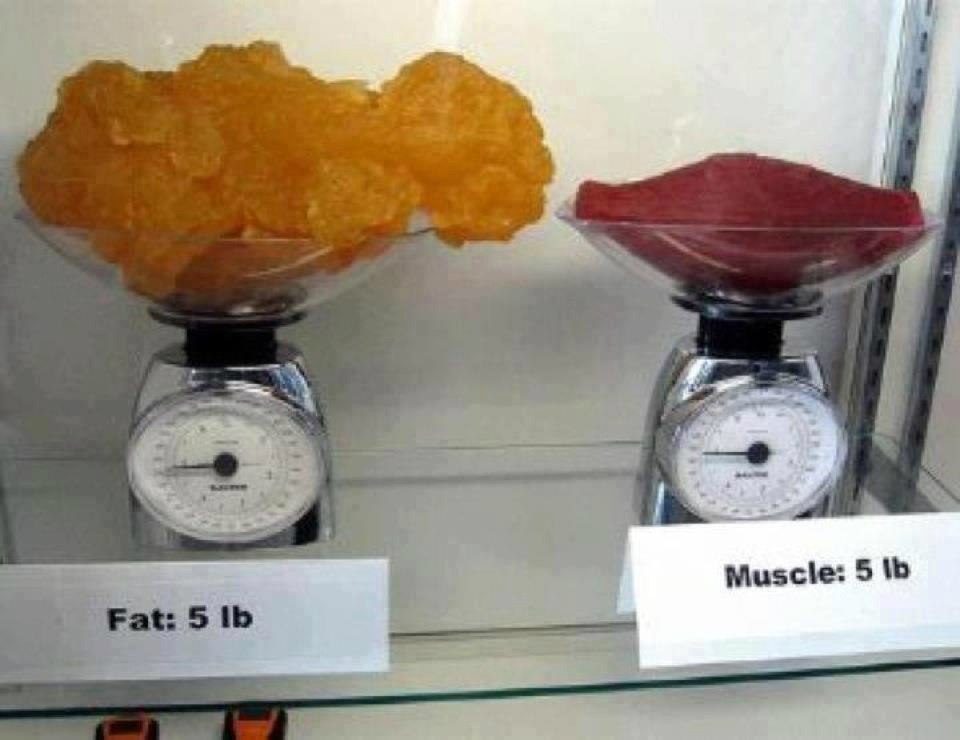
1kg Graisse Vs 1 Kg Muscle AUTOMASITES
Volume : 1 kg masse musculaire VS 1kg masse graisseuse : En revanche, intéressons nous désormais au volume entre le gras et le muscle. Au final, même si les personnes utilisent le mauvais terme, nous comprenons où ils veulent en venir.
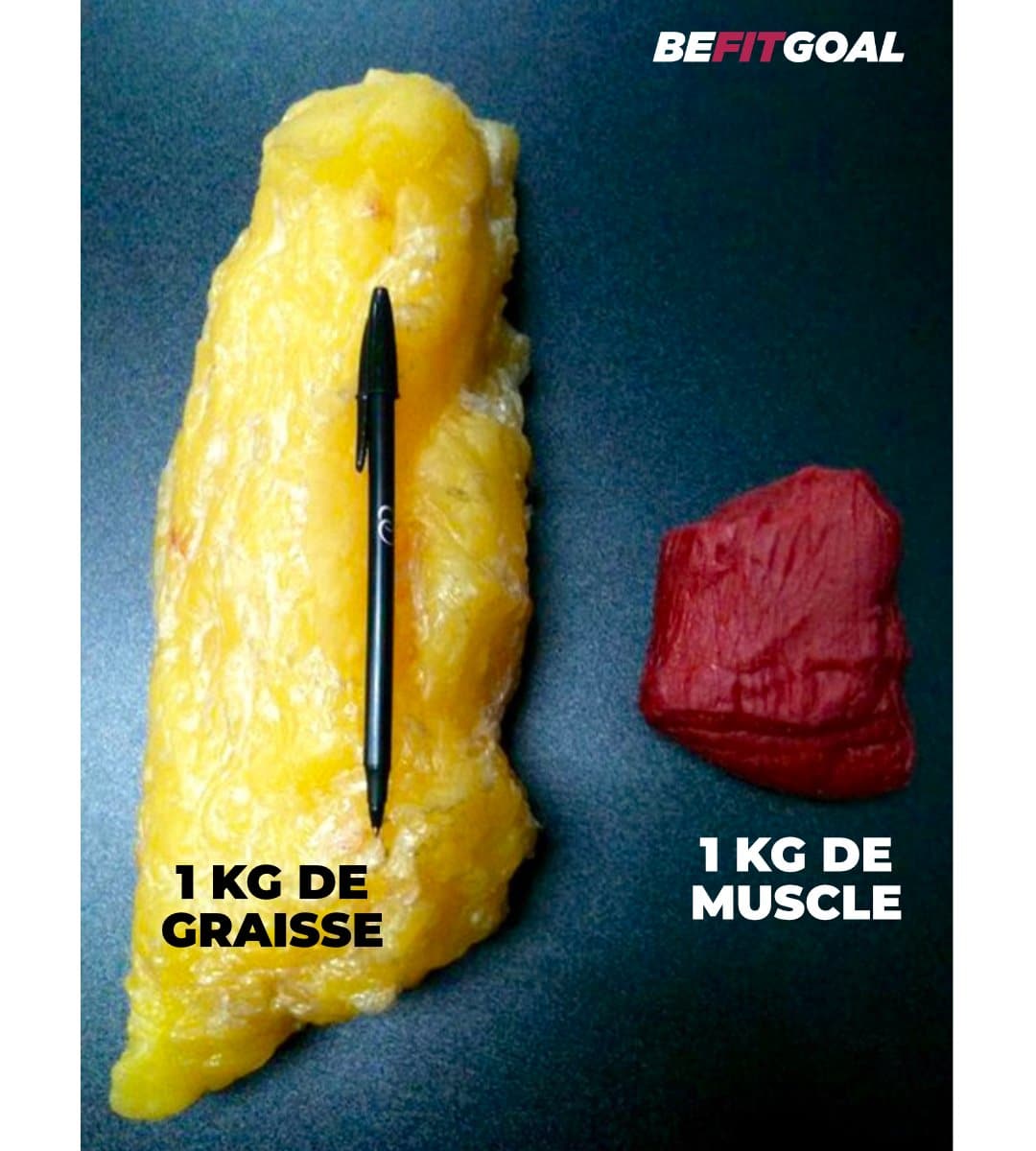
8 raisons pour lesquelles votre poids indiqué sur la balance ne veut rien dire
Management of the COPD Patient with Comorbidities: An Experts Recommendation Document. 2020 May 7;15:1015-1037. doi: 10.2147/COPD.S242009. Jesús Recio Iglesias 1 ,, 3 , 4 Pere Almagro 5 6. 32440113. PMC7217705. 10.2147/COPD.S242009. Chronic obstructive pulmonary disease (COPD) is associated with multiple comorbidities, which impact negatively.

Distribution de la graisse dans votre corps et les risques associés True Fitness Knowledge
Protein isn't magic and more intake doesn't necessarily equate to more gains. When trying to build muscle it would probably be wise to aim for around 1.6-2.2 grams of protein per kg of total bodyweight per day (0.73-1 grams per lb) depending on your own personal eating preferences and body composition goals. Eating a little less than this would.

1kg Graisse Vs 1 Kg Muscle AUTOMASITES
1kg de muscle est aussi lourd qu'un kilo de graisse.. WawaWest- Niveau 16 22 octobre 2013 à 18:53:55 Le muscle est plus lourd que la graisse, mais dans ton exemple, c'est pareil, c'est.
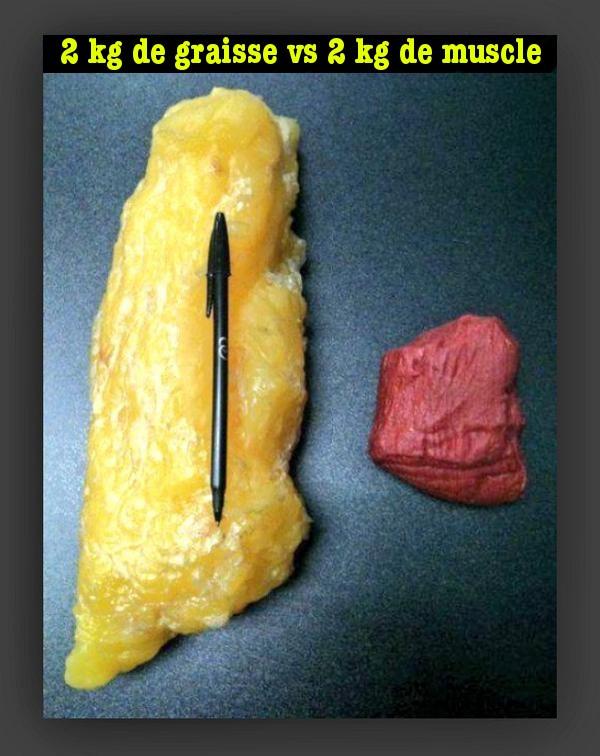
Votre poids n’a aucune importance Mouv'eat
Moreover, muscle growth is an ATP-dependent process (Lambert et al., 2004), thus adequate energy needs to be available to build muscle beyond what is expended by bodily tissues and physical activity. The relative energy intake in our experiment was 67.5 kcal/kg/d and 50.1 kcal/kg/d for the G1 and the G2, respectively.
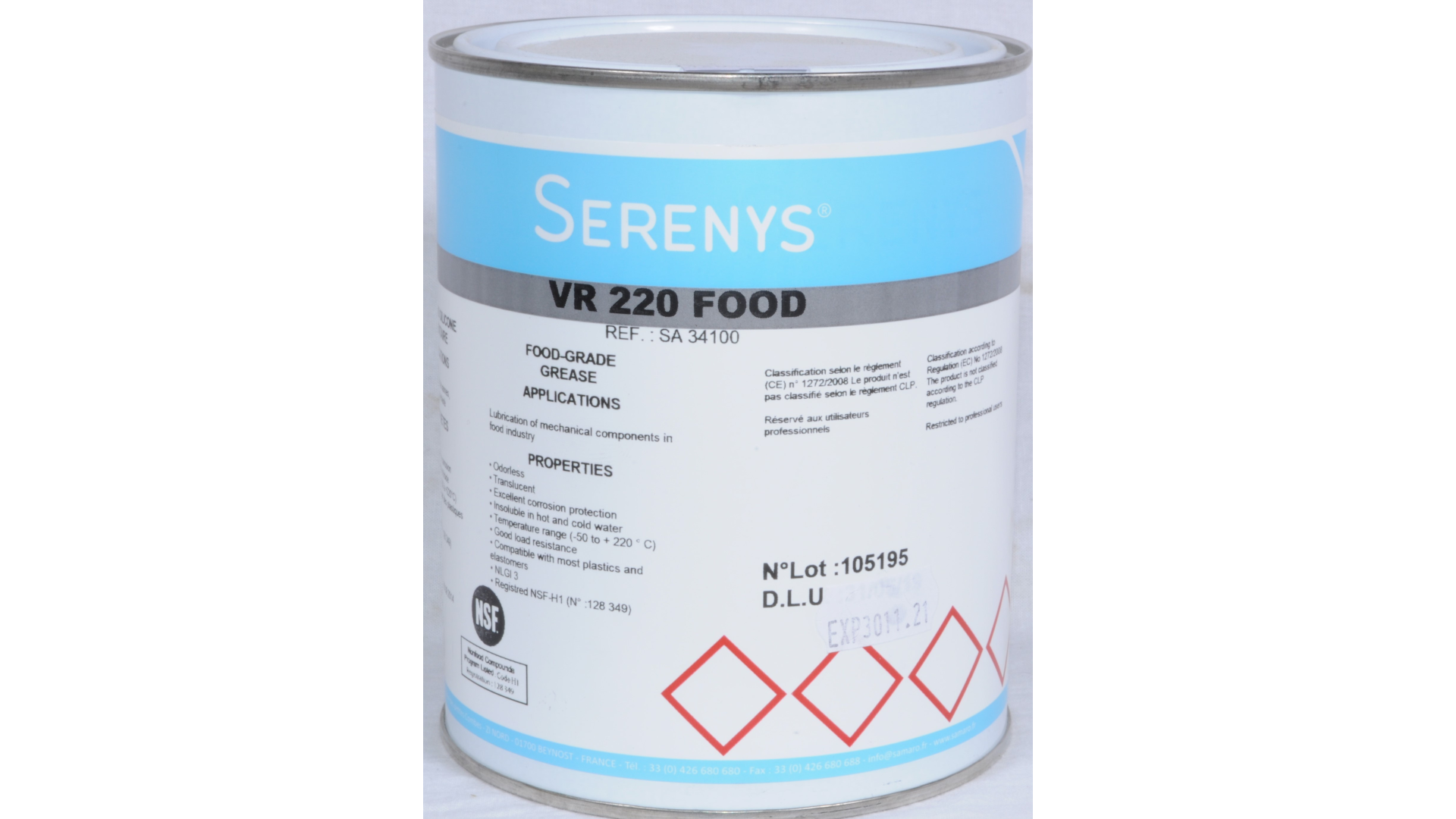
GRAISSE SILICONE ALIMENTAIRE POT 1 KG
Overview. Muscle fibers can broadly be divided into 3 muscles types: skeletal, cardiac, and smooth muscle. This summary discusses the basic anatomy of skeletal muscle, key features of skeletal muscle histology and physiology, and important presentations of muscular disease. Most of the skeletal muscular system is arranged into groups of.

1kg Graisse Vs 1 Kg Muscle Communauté MCMS
What it is: This is the percentage of the body's mass that is fluid. The human body is 50-75 percent water, and how much you have at any given time hinges on age, sex, and hydration. Most men will.